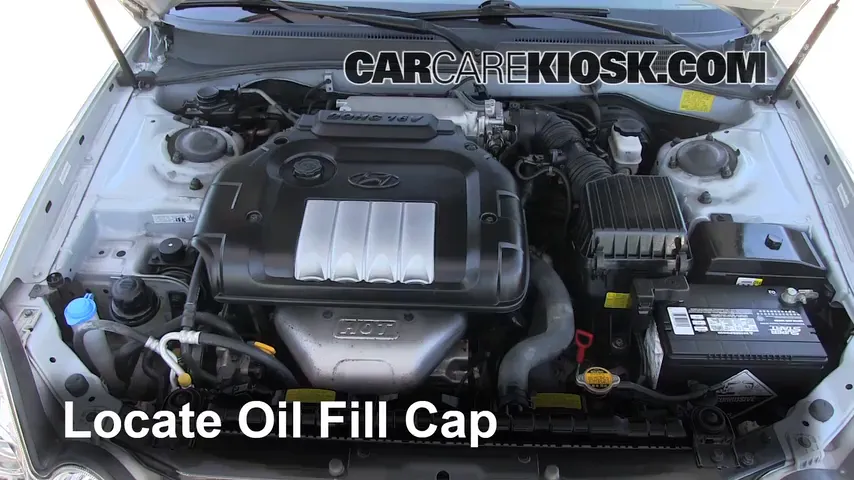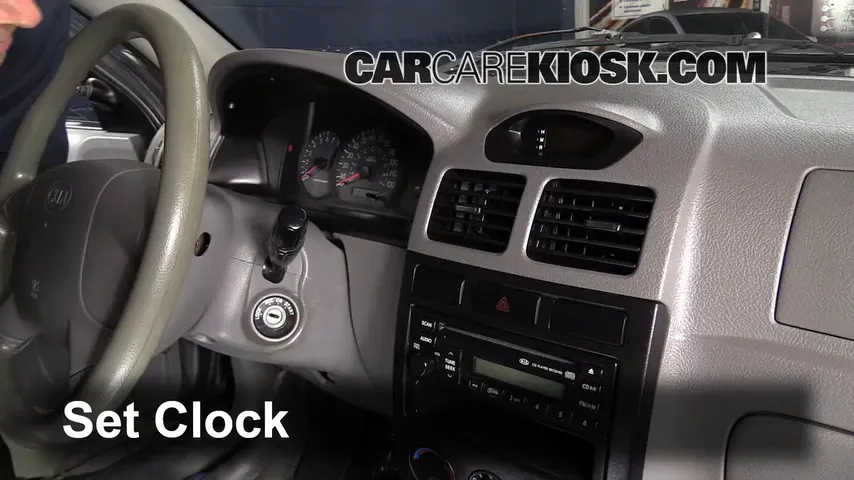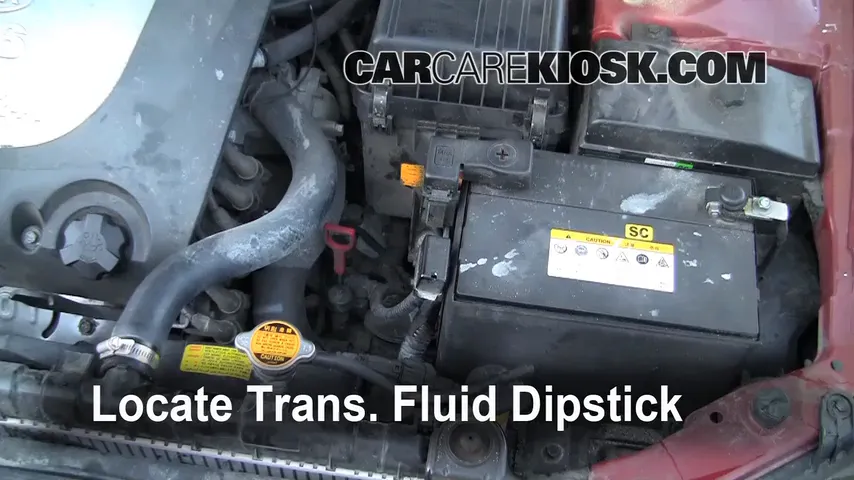Headlight Bulb Replacement: 2000 Kia Sephia 1.8L 4 Cyl.
Kia Sephia Model Years - 1994, 1995, 1996, 1997, 1998, 1999, 2000, 2001
Steps to remove the headlight bulb on a 2000 Kia Sephia
What would you like your bulbs to do? See Clearer Upgrade To LED HID Style
Hans Angermeier is an ASE certified Maintenance and Light Repair Technician and has produced over 100,000 videos showing drivers how to fix things on their cars. He has broad expertise on basic repair procedures covering the majority of cars on the road. Over the past 10 years, Hans has been focused on building CarCareKiosk, which is visited by millions of drivers each month.
- Honda City helped make these videos
- Feedback
- Download Kia owners manuals
This video shows you how to replace a headlight bulb in your 2000 Kia Sephia, your headlight bulb may also be known as a headlight low beam. Headlights grow dimmer by up to 20% over time and eventually burn out - for this reason, we recommend changing your headlights in pairs. Changing both headlight bulbs on your Sephia at the same time will allow both bulbs to have the same intensity and prevent the new headlight bulb from appearing brighter than the bulb on the opposite side.
In some Kias, the highbeam is the same bulb as the headlight and it is possible for the highbeam to work, but the headlight be burnt out even if they are the same bulb (and vice versa). Some Kias have high intensity discharge headlights, sometimes referred to as xenon lights. Xenon headlights have a ballast to ignite the high voltage xenon lights when they turn on that can remain energized even if the lights are turned off. Be sure to disconnect the headlight assembly or battery before attempting to replace it. If your Sephia has a HID headlight burnt out, it could be a burnt out bulb or failed headlight ballast.
The headlight bulb replacement cost for your Sephia varies depending on where you go to get your headlight replaced. Kia dealerships will tend to be pricier and parts retailers such as AutoZone will often replace it for free if you buy bulbs there. When you change the headlight on your Sephia, it is important to not touch the glass part of the bulb with your fingers because the oil from your fingertips will cause that part of the bulb to burn hotter, which significantly shortens the life of the bulb.
- Advance Auto coupon for
20% off entire order: KIOSK20













